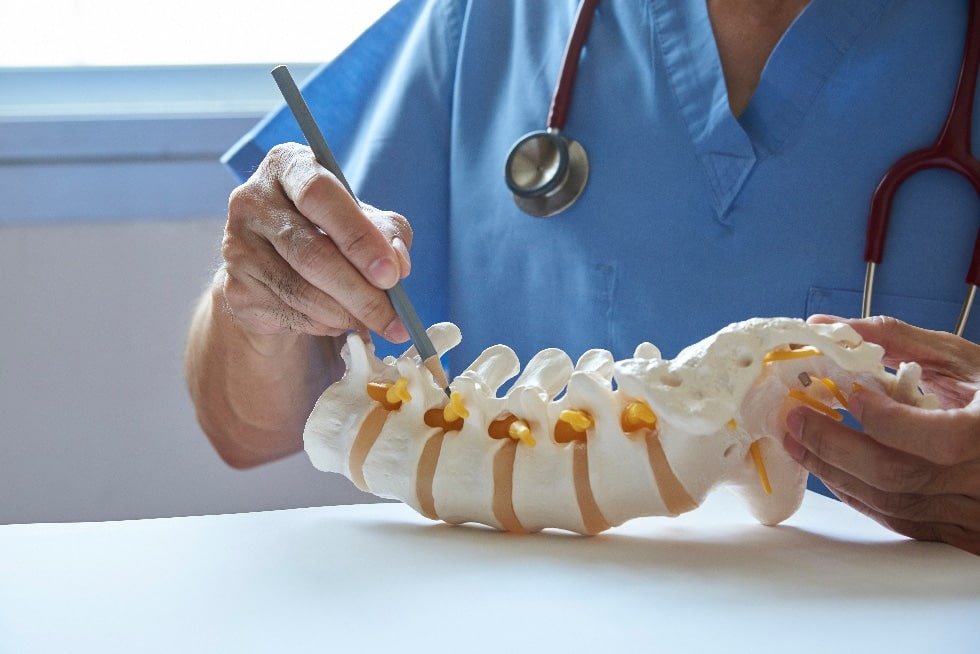Orthopedic surgery is a specialized field of medicine dedicated to diagnosing, treating, and preventing disorders and injuries of the musculoskeletal system. Orthopedic surgeons, also known as orthopedists, are highly trained physicians with expertise in surgical and non-surgical interventions for a wide range of orthopedic conditions. In this comprehensive guide, we’ll delve into the world of orthopedic surgery, exploring the role of orthopedic surgeons, their areas of specialization, and the innovative treatments they offer to improve patients’ quality of life.
Understanding Orthopedic Surgery: Orthopedic surgery focuses on addressing disorders and injuries affecting the bones, joints, muscles, ligaments, tendons, and nerves. These conditions can result from trauma, degenerative diseases, sports injuries, congenital defects, or age-related changes. Orthopedic surgeons are trained to diagnose and treat various orthopedic conditions, ranging from fractures and dislocations to arthritis, spinal disorders, and complex joint reconstructions.

The Role of Orthopedic Surgeons: Orthopedic surgeons play a pivotal role in managing musculoskeletal health through a combination of surgical and non-surgical interventions. Their responsibilities include:
- Diagnosis: Orthopedic surgeons utilize a variety of diagnostic tools, including physical examinations, imaging studies (such as X-rays, MRI scans, and CT scans), and laboratory tests, to accurately diagnose orthopedic conditions.
- Treatment Planning: Based on their diagnosis, orthopedic surgeons develop personalized treatment plans tailored to each patient’s needs and preferences. Treatment modalities may include conservative approaches such as medication, physical therapy, and lifestyle modifications, as well as surgical interventions for more complex cases.
- Surgical Interventions: Orthopedic surgeons perform a wide range of surgical procedures to address orthopedic conditions, including fracture fixation, joint replacement surgery (such as hip replacement, knee replacement, and shoulder replacement), arthroscopic surgery, spine surgery, and soft tissue repairs.
- Rehabilitation: Following surgery or injury, orthopedic surgeons collaborate with physical therapists and other healthcare professionals to develop comprehensive rehabilitation programs aimed at restoring function, mobility, and strength.
Areas of Specialization: Orthopedic surgery encompasses various subspecialties, allowing orthopedic surgeons to focus on specific areas of expertise. Some common subspecialties include:
- Sports Medicine: Orthopedic sports medicine focuses on the prevention, diagnosis, and treatment of sports-related injuries, such as ligament tears, tendonitis, and stress fractures, in athletes of all ages and levels.
- Joint Replacement: Orthopedic surgeons specializing in joint replacement surgery perform procedures to replace damaged or arthritic joints with artificial implants, restoring mobility and alleviating pain in patients with conditions such as osteoarthritis and rheumatoid arthritis.
- Spine Surgery: Orthopedic spine surgeons specialize in treating conditions affecting the spine, including herniated discs, spinal stenosis, scoliosis, and degenerative disc disease, using surgical interventions such as decompression, fusion, and disc replacement.
- Trauma Surgery: Orthopedic trauma surgeons are experts in managing fractures, dislocations, and other musculoskeletal injuries resulting from accidents, falls, and trauma. They employ advanced techniques to realign bones, stabilize fractures, and promote healing.
Innovations in Orthopedic Surgery: Advancements in technology and surgical techniques have revolutionized the field of orthopedic surgery, leading to improved patient outcomes and shorter recovery times. Some notable innovations include:
Also Read: Custom Packaging
- Minimally Invasive Surgery: Minimally invasive techniques allow orthopedic surgeons to perform complex procedures through small incisions, resulting in less tissue damage, reduced postoperative pain, and faster recovery for patients.
- Robotic-Assisted Surgery: Robotic systems enable orthopedic surgeons to achieve greater precision and accuracy during surgery, particularly in procedures such as joint replacement and spine surgery, leading to improved implant placement and better functional outcomes.
- Regenerative Medicine: Orthopedic surgeons utilize regenerative therapies such as platelet-rich plasma (PRP) injections, stem cell therapy, and growth factor treatments to promote tissue healing and regeneration in orthopedic conditions, particularly in cases of soft tissue injuries and osteoarthritis.
Read More: best orthopedic surgeon in gurgaon